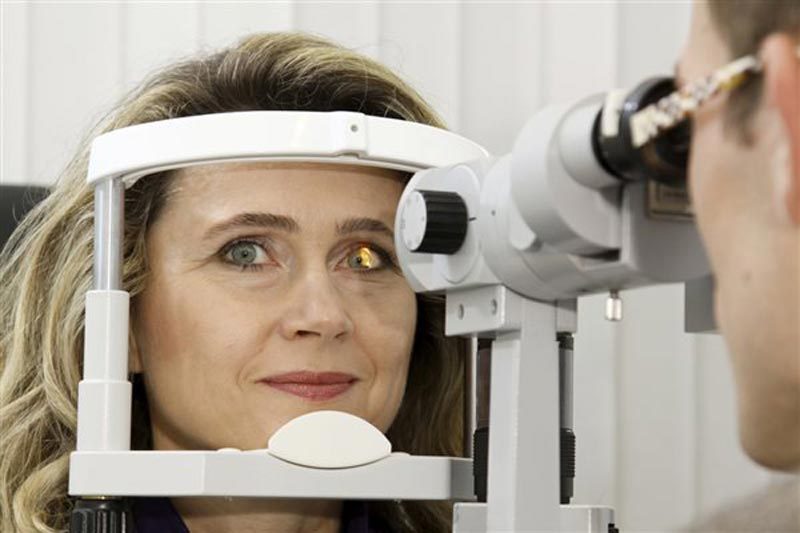Eighty-three percent of U.S. adults believe their eyesight will worsen as they age, no matter what preventive steps they take, according to a recent DSM Nutritional Products survey. While genetics and lifestyle factors do play a role for some serious eye conditions that cause vision loss such as age-related macular degeneration (AMD), years of proper nutrition may protect vision in the long term.
More than 2 million Americans age 50 and older suffer from AMD, and it is especially prevalent among Caucasian women. “You don’t want to reach your 40s and realize that you’re beginning to have vision problems,” says Dr. Kimberly Reed, optometrist and Ocular Nutrition Society board member. “Following a few simple recommendations can help support your vision – and your family’s vision – now and in the future.”
Reed offers these tips for maintaining eye health and supporting vision in the long term:
1. See your diet in color
Many brightly colored fruits and vegetables contain lutein and zeaxanthin, two powerful antioxidants that research shows are beneficial in maintaining macular health. Intake of 12 mg per day of lutein and zeaxanthin offers the best protection, but only 10 percent of Americans are getting enough of these essential nutrients, according to the American Optometric Association. For weekly meal planning this year, choose colorful fruits and vegetables that provide these important antioxidants, like spinach, kale, and other dark leafy greens, as well as corn, peas, broccoli, and orange and red peppers.
2. Omega-3 fatty acids for eye health
A study published in the American Journal of Clinical Nutrition showed that people with higher intakes of omega-3 fatty acids may experience a lower incidence of dry eye syndrome (DES). For patients who suffer regularly from dry eyes, omega-3 intake can significantly improve symptoms and increase quality tear production. Adults should get at least 1,500 mg per day of DHA and EPA either by consuming fatty fish, such as salmon, mackerel, and sardines, or taking high-quality fish oil and algae supplements. Be sure to check with your physician if you are taking medications that affect blood clotting before increasing your intake of omega-3s to this level. For women who are pregnant or nursing, DHA is an essential nutrient to support infant visual development.
3. Remember your vitamins and minerals
An array of vitamins and minerals also play an important role in maintaining eye health. For instance, A and B vitamins perform many complex and critical functions throughout the body, including the eyes. And, according to a study published in Ophthalmology, vitamins C and E, which function as antioxidants, are also essential to eye health and have been shown to impact the progression of certain forms of AMD. Finally, zinc helps deliver vitamin A from the liver to the retina in order to produce melanin, a protective pigment in the eyes. Get your fill of at least five servings of colorful fruits and vegetables, as well as nuts and legumes, per day to obtain these essential vitamins and minerals.
Even when striving to follow an optimal diet, it’s difficult to get the recommended amounts of essential vitamins and nutrients from food alone, so nutritional supplements can play an important role in maintaining eye health. Several products specifically formulated to support eye health and vision are available, so ask your eye health professional at your next appointment.
Is Vision Loss Inevitable With Age?



